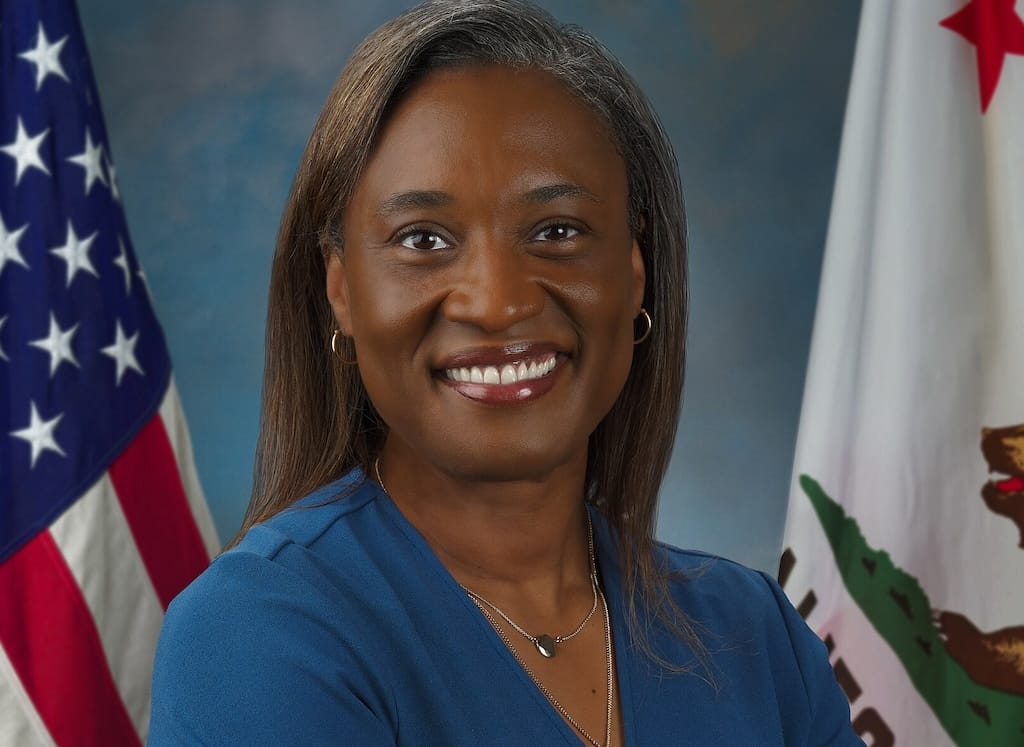
WASHINGTON, April 30, 2024 – Four days ago, a few Senate Democrats called on Internet Service Providers across the country to fully fund the Affordable Connectivity Program in May out of their own pockets, potentially keeping millions from abruptly losing Internet access.
So far, it seems that only ECFiber, a small ISP in Vermont, has heeded the call of the lawmakers.
“We can move quickly because we are a small community-oriented ISP, but we cannot provide this support on our own for very long,” said former ECFiber Chairman Irv Thomae in a statement.
Senate Democrats Pressure ISPs To Fully Fund May ACP
A commitment to fully fund the month of May would give Congress time to provide new money for the Affordable Connectivity Program.

ECFiber has about 9,000 residential and business broadband Internet customers, including 160 households enrolled in the ACP, though ECFiber thinks about 4,000 more within its service area actually qualify under ACP eligibility criteria.
Full funding for the ACP – launched in late 2021 by the Federal Communications Commission – runs out today. The FCC expects non-tribal ACP enrollees to receive a partial monthly discount of $14 in May instead of the normal $30 discount, prompting the Senate Democrats to request that ISPs cover the other $16 in May.
Last Friday, Charter Communications CEO Christopher Winfrey said the company would provide $15 discounts in May. Charter has about 5 million ACP enrollees out of the more than 23 million households in the program.
Based on estimates provided by the Universal Service Administrative Co., which runs the ACP for the FCC, ISPs would need to shoulder about $300 million to fully cover the $30 discount in May.
ECFiber disclosed that it had been adding an extra $20 to the ACP discount, cutting the total price of Internet access by $50. With ECFiber’s lowest-price tier costing $72 a month, its ACP enrollees had to pay just $22 a month for service.
“If ECFiber had no debt service expenses, our lowest price could probably be $39 a month,” said ECFiber Board Chair F. X. Flinn. “That day is 15 to 25 years in the future, but at that point we will not only be the best technology, but also the low-cost provider.”
The full governing board of ECFiber has voted to continue the $20 subsidy for the remainder of 2024, Flinn said.
On its website, ECFiber says ECFiber is the trade name of a community-controlled ISP. Community control is exercised by the East Central Vermont Telecommunications District, a special purpose municipality something akin to a water district. The District has 31 towns.
The Senate Democrats’ request came in a letter to leaders of the CTIA, the main trade association of the wireless industry, and NCTA – The Internet & Television Association, whose members include Charter and Comcast Corp., the two largest ISPs in the country with more than 62 million subscribers combined.
Signing the letter calling on the ISPs to act in May were Sens. Edward Markey, D-Mass., Laphonza Butler, D-Calif., Bernard Sanders, D-Vt., Ron Wyden, D-Ore., and Elizabeth Warren, D-Mass.
In their letter, the Senate Democrats minimized the financial impact on the ISPs that fully fund the ACP in May.
“With Internet service providers having received billions of federal dollars in ACP funds, covering the May shortfall is a small price for your members to pay to demonstrate their commitment to putting their subscribers first,” the lawmakers said. The lawmakers did not request ISPs to fully fund the ACP beyond May, if necessary.
Their letter stressed that full funding in May could prevent economically challenged ACP enrollees from deciding to drop service entirely instead of paying their bills that month. The letter also suggested that because the Senate and House are scheduled to be in session throughout May, lawmakers might finally agree on an ACP extension bill.
Last Friday, Sen. Maria Cantwell, D-Wash., Chair of the Senate Commerce Committee, released a bill that would, among other things, provide the ACP with $7 billion in new funding. When it launched in December 2021, the ACP had $14.2 billion.
In the House, Rep. Yvette Clarke, D-N.Y., is attempting to collect the signature of at least 218 members on a discharge petition, which would force a House floor vote on her Affordable Connectivity Program Extension Act, which would add $7 billion to the ACP.
